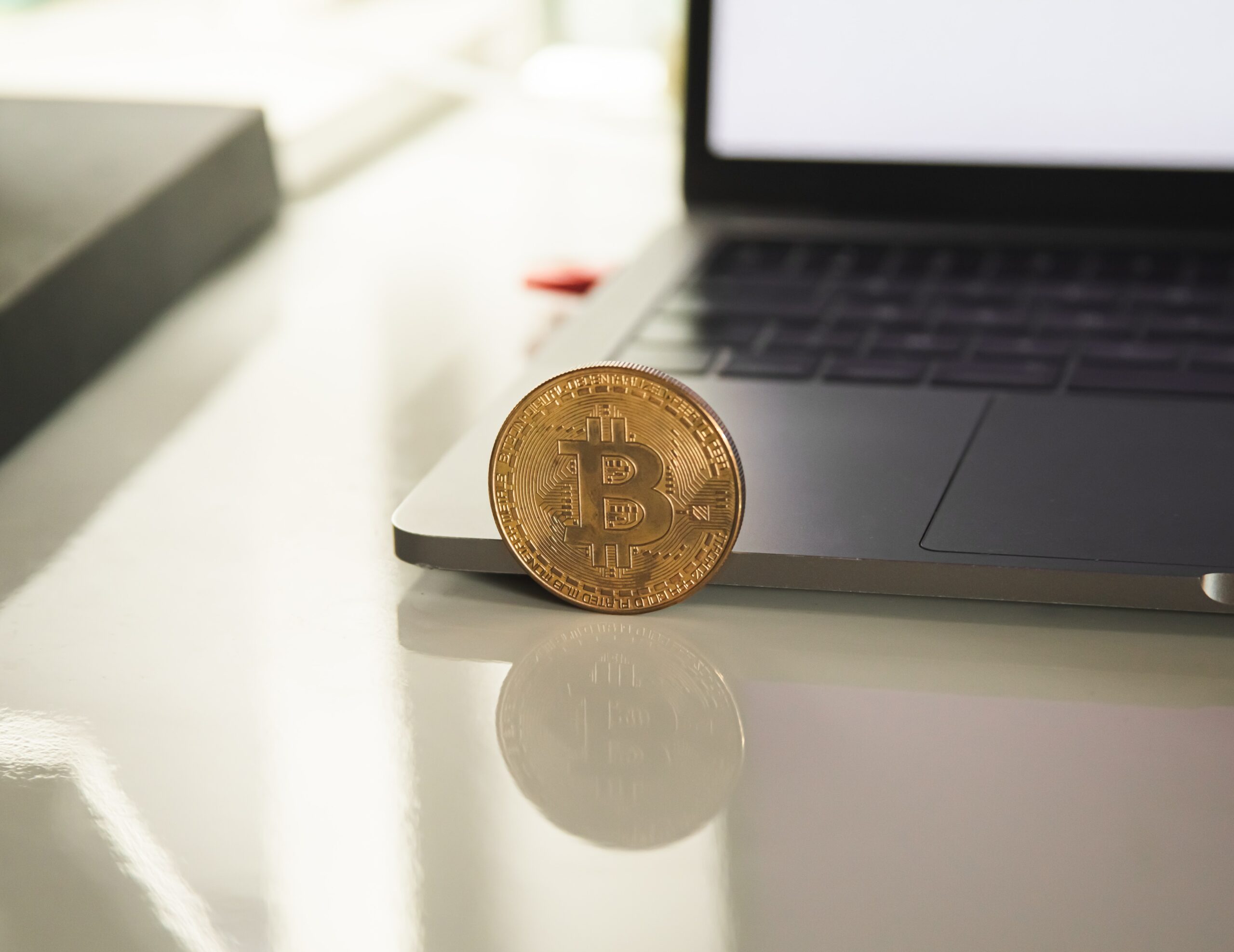On Monday, the EU executive found that Apple, the maker of the iPhone, was "abusing its dominant position in the mobile wallet markets" with its Apple Pay service, by preventing competing solutions from working on its devices. blocking of competition to the detriment of consumers, according to the European Commission, guardian of competition in the EU.
This content is blocked because you have not accepted cookies. By clicking on "I accept", cookies will be deposited and you will be able to view the content. By clicking on "I accept all cookies", you authorize deposits cookies for storing your data on our sites and applications for the purposes of personalization and advertising targeting. You have the option of withdrawing your consent at any time.
Manage my choices
Complaints from European banks
Brussels thus opened an investigation in June 2020 after complaints from European banks. On Monday, she notified Apple of the grievances against her in writing. This is a formal step that does not prejudge the outcome of the investigations. The company, which launched Apple Pay in 2014, now has access to the file and will be able to respond to the charges.
Apple Pay is the only mobile wallet solution to have access to the NFC (Near Field Communication) technology fitted to iPhones or iPads to exchange the data necessary for contactless payment, in stores or online, underlines the Commission. We cannot not allow Apple to build a monopoly. Thus, any bank wishing to use this technology on these devices must go through Apple Pay, for a fee. “Apple has built a closed ecosystem around its devices and its iOS operating system. Apple controls the gates of this ecosystem, setting the rules of the game for anyone who wants to reach” its users, lamented Margrethe Vestager.
Mobile payment booming in FranceAccording to a Médiamétrie survey published last February, contactless payment via mobile was used by 9 million people per month in 2021. A “considerable” development notes Médiamétrie with a 55% increase since October 2019. In France, Apple, Google, Paylib, Samsung and the French start-up Lydia dominate the market, according to data from the Statista Global Consumer Survey.
The Californian group is also one of the main targets of the new European regulation on digital markets ("Digital Markets Act", DMA), finalized at the end of March, which aims to prevent the giants of the sector from ousting smaller players by unfair methods. "Mobile payments are the future (…) We cannot allow Apple to build a monopoly on such a crucial new market to the detriment of consumers and merchants," reacted Conservative MEP Markus Ferber (EPP), demanding "the highest possible sanction".
For its part, Apple invokes the imperative of security for its customers and considers the market very competitive. “Apple Pay is just one of the many options available to European consumers for making payments,” the Apple brand pleaded in a statement, while promising to “continue to collaborate with the Commission.” No deadline has been set for further EU investigation. If Apple is found guilty, it will have to remedy its practices or face fines of up to 10% of its annual turnover.



